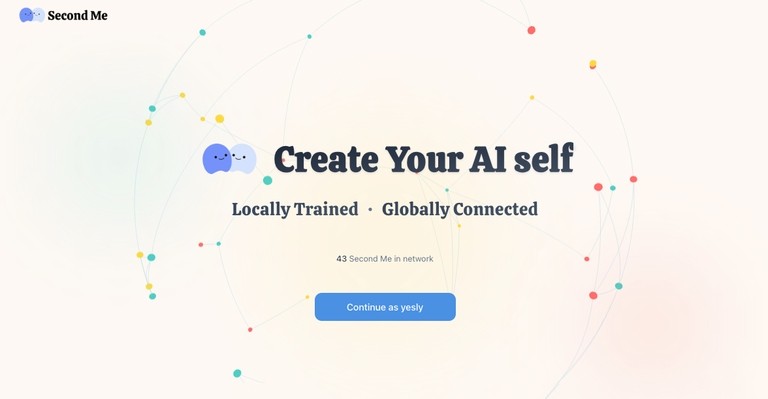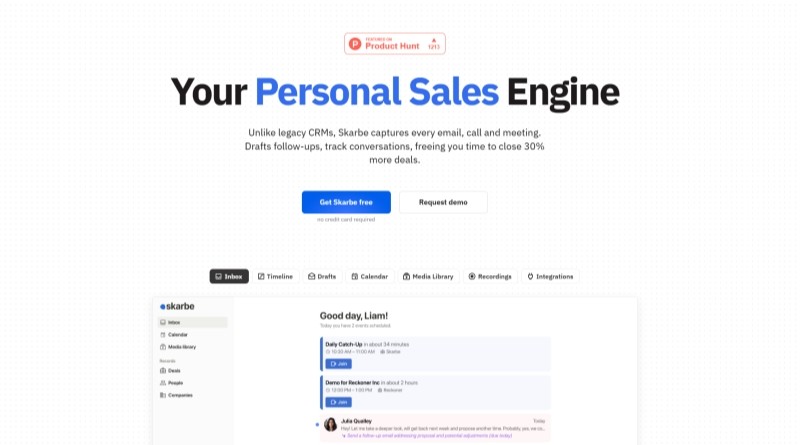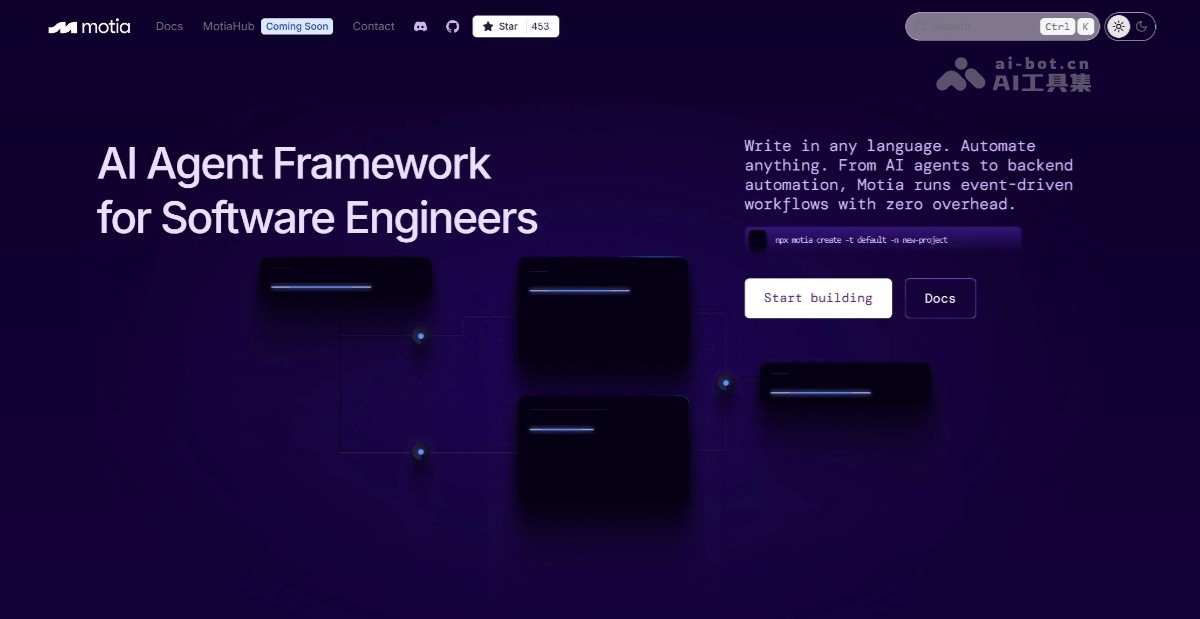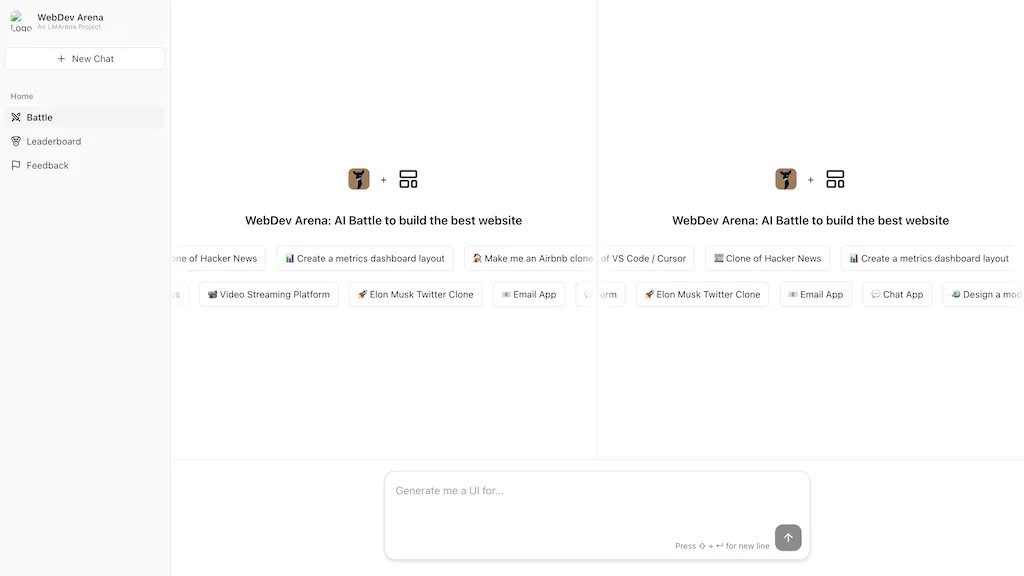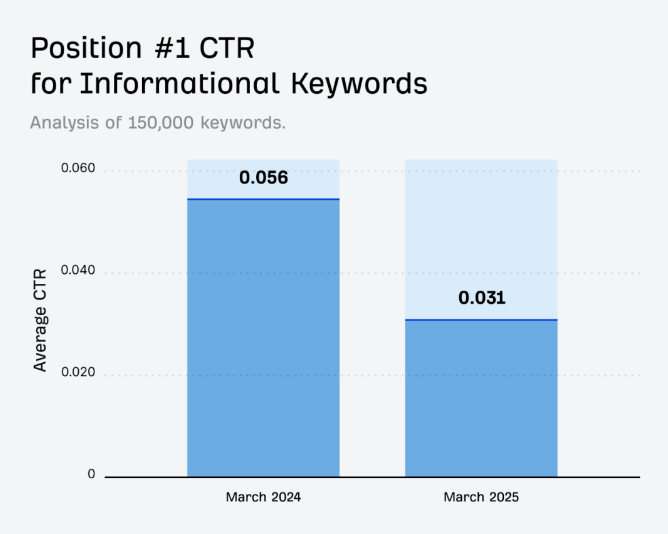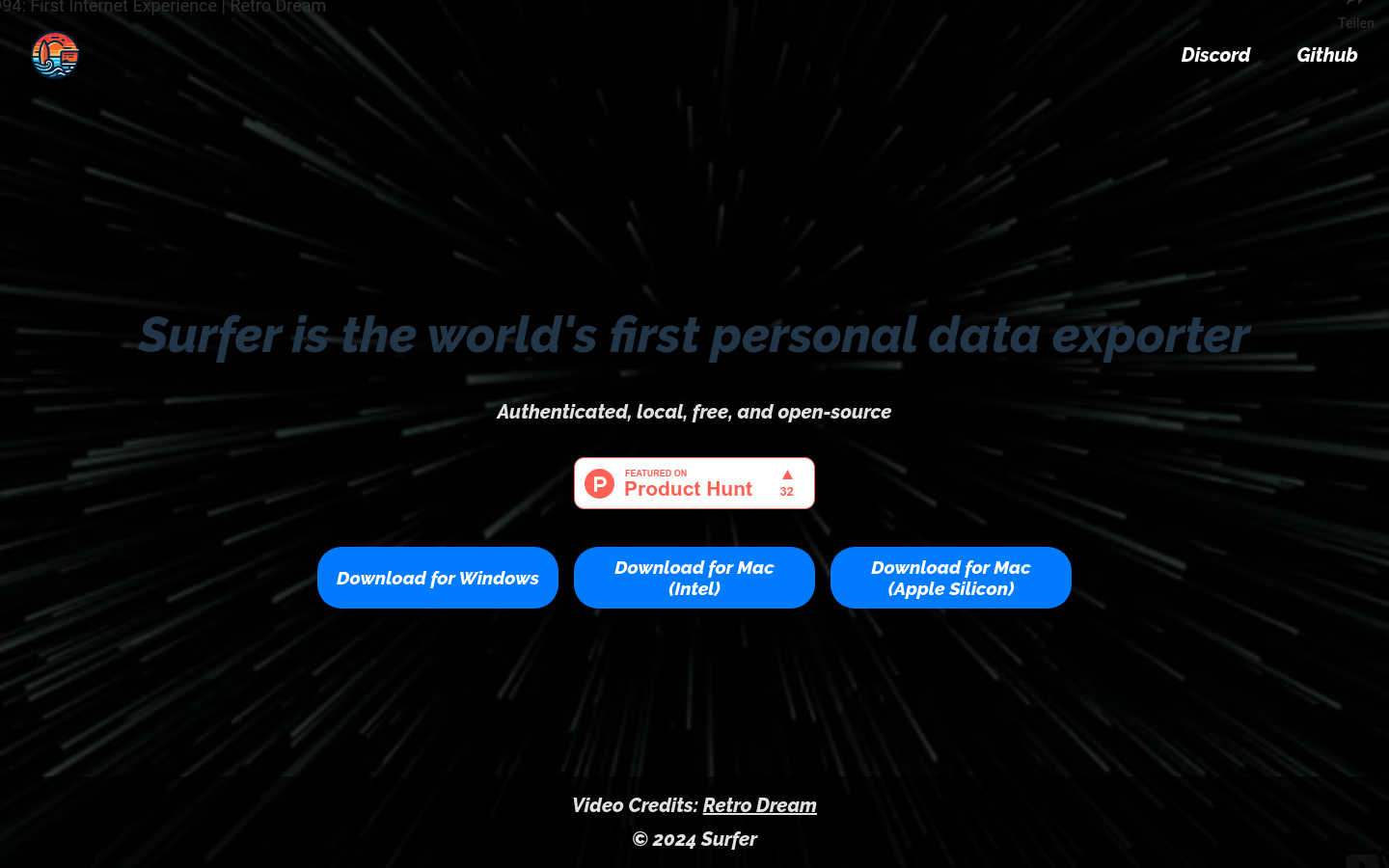
Surfer: Personal data exporter
Introduction
Surfer is an innovative personal data export tool that allows users to export and store personal data in online services locally, thereby ensuring data security and privacy. As an open source software, Surfer is compatible with Windows and Mac systems, providing users with a way to manage personal data autonomously. In the future, it will also be integrated with other agent frameworks such as LangChain to create advanced personal artificial intelligence assistants.
Applicable people
Surfer is particularly suitable for the following user groups:
Users who are concerned about personal data privacy and security
Professionals who frequently use online services and want to store data locally
Developers and data analysts who need to export data from multiple platforms for analysis and research
Usage scenario examples
User A uses Surfer to export social media data and perform local backup.
User B exports online shopping records through Surfer for personal consumption analysis.
User C uses the personal health data exported by Surfer for health management and research.
Product features
Compatible with multiple operating systems (such as Windows and Mac)
Supports easy export of personal data
Data is stored locally to protect privacy
Open source software, free to use
Provides local data management functions for easy viewing and organization
Supports data encryption storage to improve security
Tutorial
1. Visit the Surfer official website to download the client suitable for your operating system.
2. Install and start the Surfer client.
3. Select the online service to which you want to export data.
4. Follow the client prompts to complete the data export settings.
5. Confirm the export option and start exporting data.
6. After the export is completed, check whether the locally stored data is complete.
7. Use Surfer’s local data management function to organize and view exported data.
